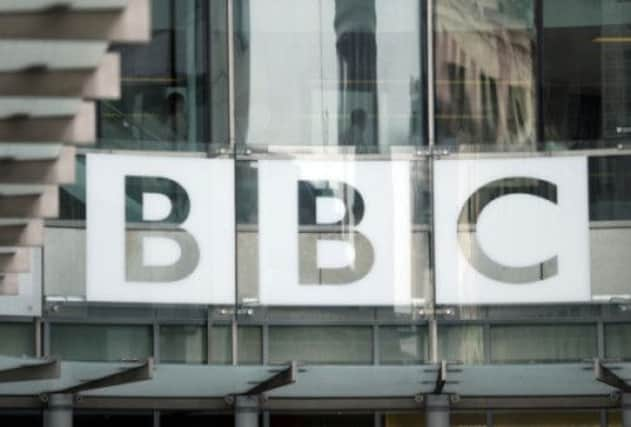Fiona McCade: Reasons to keep The Sky at Night


Making sure that Matt Baker is never out of work, probably. Creating opportunities for Jeremy Clarkson to crash cars into trees, certainly. But the BBC’s official mission is no less than: “To enrich people’s lives with programmes and services that inform, educate and entertain” and since most of us pay it a licence fee to do this, if it falls short, it is our duty to let it know. So, you might want to go online, sign a few petitions, and see if you can help prevent the cancellation of The Sky at Night.
This week, a BBC spokesman said: “The Sky at Night is on air until the end of the year. Plans for subsequent series are being discussed.” If you understand BBC-speak, you’ll know this sounds like: “We have pretty much made up our minds to axe The Sky at Night.”
Advertisement
Hide AdAdvertisement
Hide AdIt’s the “being discussed” bit that makes me bristle the most. Discuss? What’s to discuss? Does The Sky at Night enrich lives? Yes. Does it inform, educate and entertain? Yes, yes and yes. It’s on for 30 minutes, once a month, and it costs practically nothing to make. Nobody dislikes it, half-a-million people love it enough to tune in whenever it’s on – even in the middle of the night. Quality programming should always be guaranteed room in the schedules, so why are we even talking about this? Especially while there is still a slot for Mrs Brown’s Boys.
Money can’t be the problem. Paying-off former director-generals, bungled digital media projects and overpaid presenters all cost far more than The Sky at Night, so I can only assume that its sheer substance has made it unfashionable.
To be honest, it wouldn’t surprise me if the BBC has been feeling uncomfortable about this staid, traditional, unashamedly intelligent programme for some time; it’s too simple, too straightforward. It does what it says on the tin, and with such earnest passion for the subject, it must be a terrible embarrassment for the cool hepcats at Broadcasting House. However, they didn’t dare touch it while Sir Patrick Moore was alive, and since he died last December, I suspect they have been waiting patiently for exactly the right moment to pull the plug.
If so, they’ve got it very wrong. Mainly because there is no right time to cancel a show that has genuine value, but also because public confidence in the BBC has hit rock bottom in the past couple of years, so erasing a much-loved public institution is not the way to reassure the licence-fee payers that their money – and their enrichment, information, education and entertainment – is in good hands.
As far as the BBC is currently concerned, a star is not something that twinkles in the sky. A star is David Dickinson. Or Brucie. Or anyone whose name it can put in front of a show’s title, as if who presents it is as important as the content itself.
The fact that The Sky at Night never became Sir Patrick Moore’s Sky at Night must have driven those at the BBC quietly mad – but perhaps all is not lost. Perhaps they will simply revamp the old format (they love doing that), make it more “relevant” (they love that, too), and call it something catchy, like Patrick Kielty’s Stars in Your Eyes. The fact that Patrick Kielty is not an astronomer does not matter – gone are the days when being an expert in a subject was the main qualification for presenting a programme about it. Never mind; he can chat to ex-EastEnders cast members and Fame Academy dropouts about the sky and if they have ever looked up at it. Preferably at night. Then maybe some contestants from Celebrity Masterchef can have a bake-off, making stuff with Milky Ways and Mars Bars. It’ll be current, and irreverent, and inclusive. There’ll be something for everyone – unless they have a brain.
The BBC would be mad to let The Sky at Night go, which means it probably will. If it does, the best remaining science programme on television will be The Big Bang Theory, but since that’s on E4, it’s not a good enough reason to pay the licence fee.